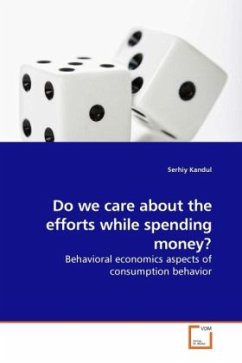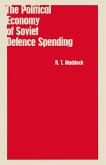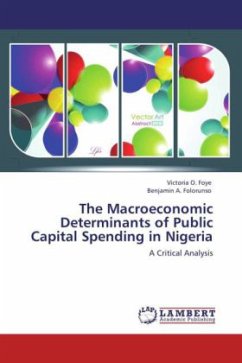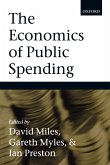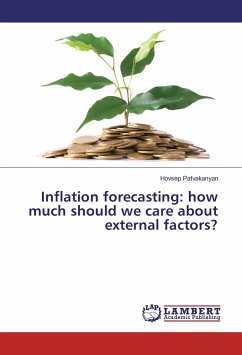Traditional theories on consumption behavior relying on the assumption of rational consumer often fail to explain differences in spending out of different sources of income. Keeping liquidity and regularity of income equal behavioral economists attempted to find alternative approach towards understanding the way the money is spent relaxing the assumption of fungibility (equal treatment) of income received. This paper aims to detect the differences in consumption (both in terms overall spending and specific groups of expenditures) out of sources of income that differ in the way income is obtained. The main hypothesis assumes that people not only try to put certain level of efforts to obtain money (time allocation problem), but also use them as a criterion for spending the income they obtain. Based upon survey of 3700 British students author finds weak evidence to support the hypothesis.
Bitte wählen Sie Ihr Anliegen aus.
Rechnungen
Retourenschein anfordern
Bestellstatus
Storno

